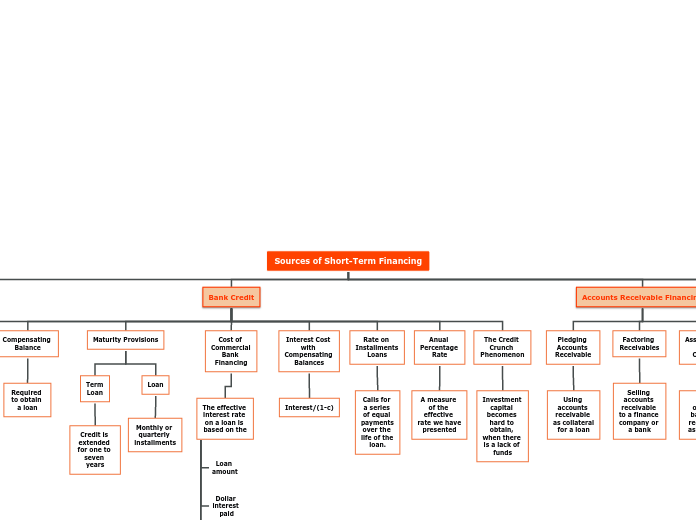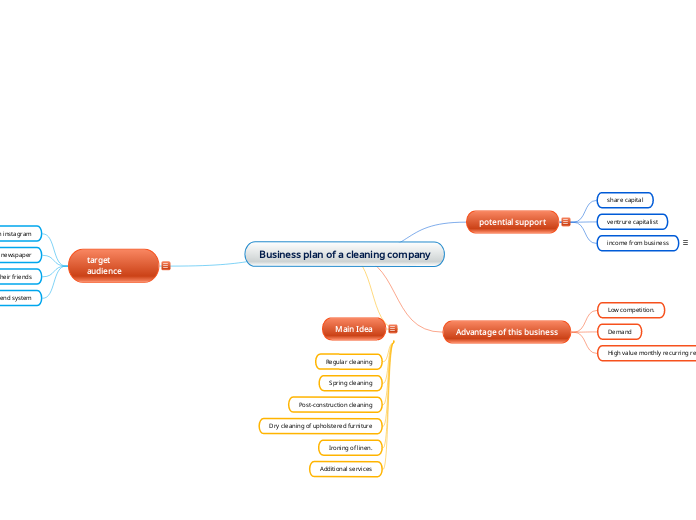by Susana GG 4 years ago
202
Sources of Short-Term Financing
Businesses often seek short-term financing to manage their cash flow needs and maintain operations. Trade credit, a common source, involves the relationship between accounts payable and receivable, with sellers offering cash discounts to incentivize early payments.









